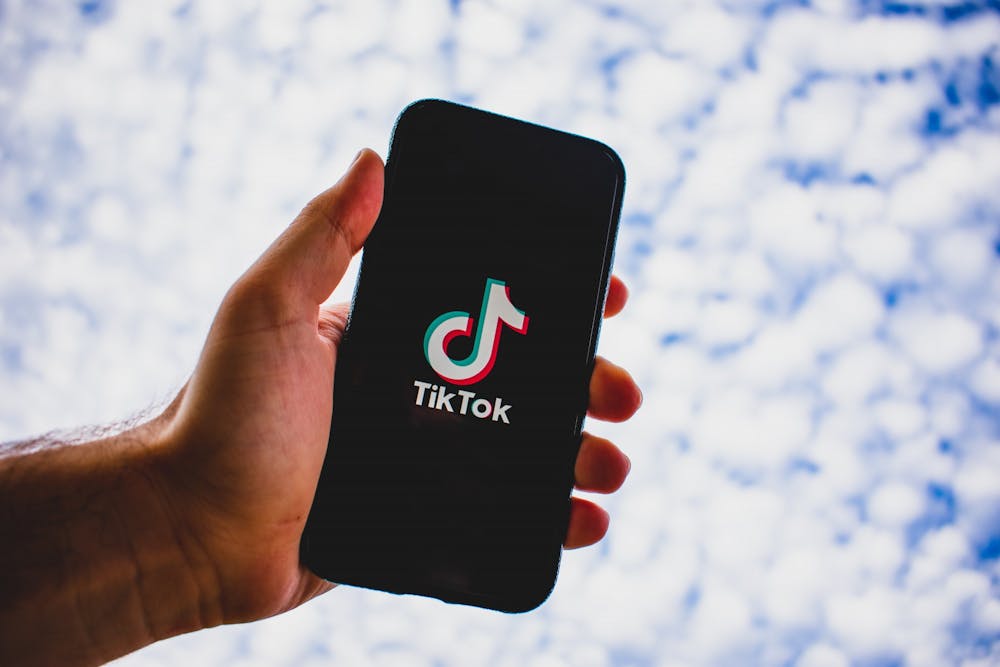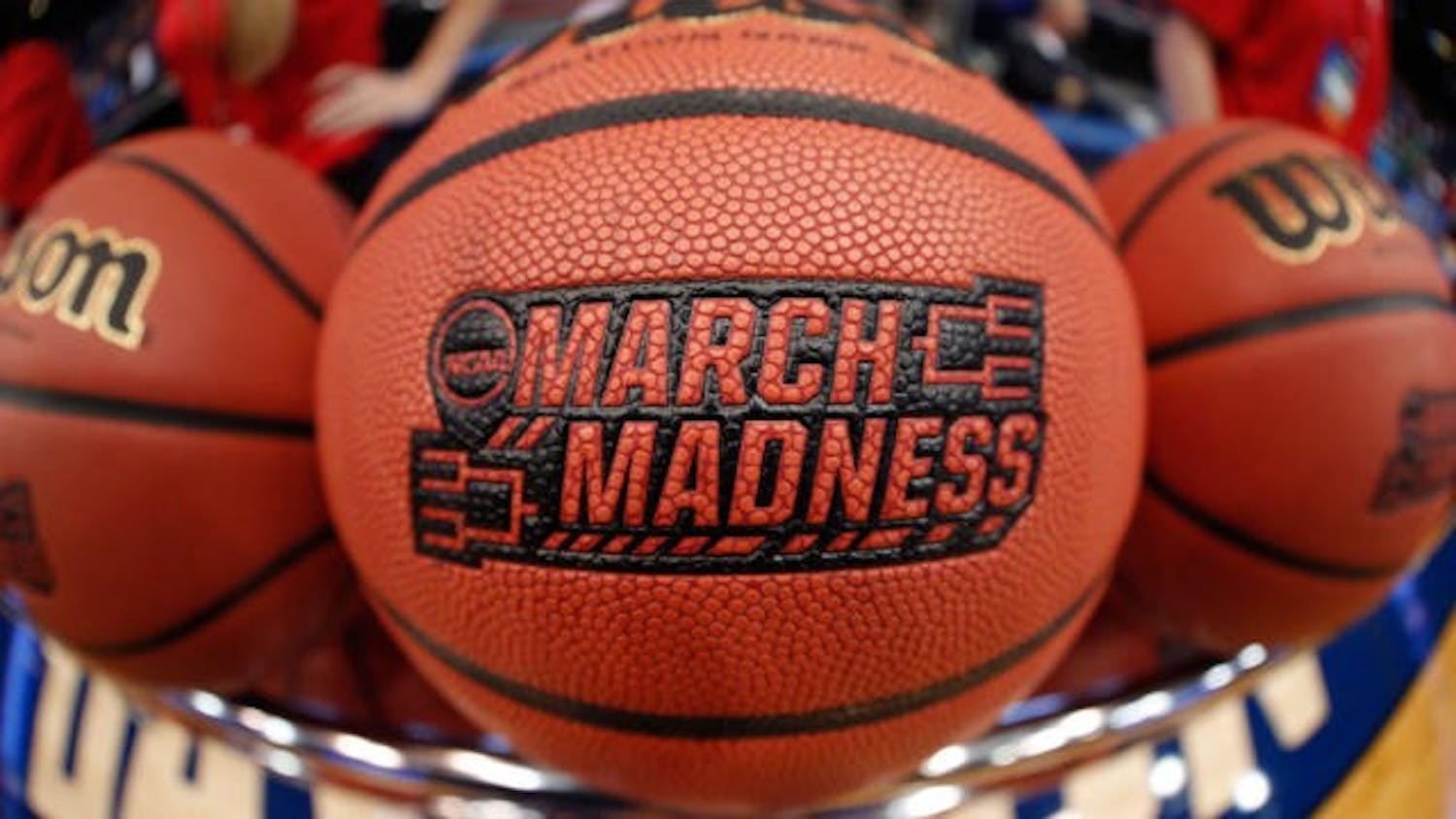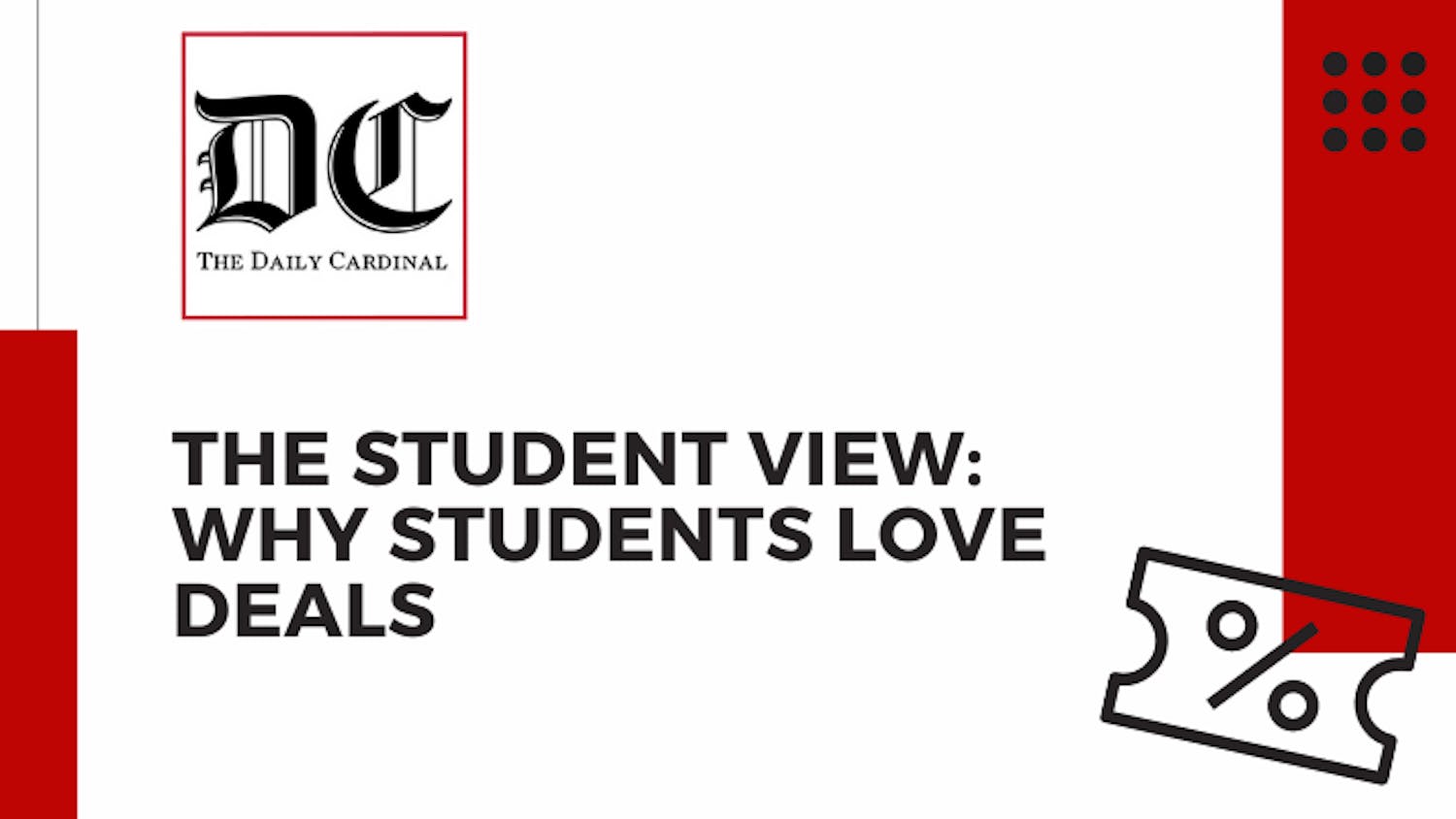At this point, it would be almost impossible to go through our daily lives without hearing at least one piece of news about TikTok. The Chinese video-sharing social network is loved by Gen Z, hated by governments worldwide, and is one of the top national security concerns right now. No other social network besides Facebook has grown as quickly as TikTok, and especially not one from China. So how did TikTok become the global phenomenon that it is today? Well, to find out, we have to go back in time.

Photo From pexels.com user Gustavo Tabosa
April 2014 - Musical.ly Launches
While you may think that TikTok’s story would start with its own founding, a few things had to happen to clear a route for the app. The first among these was the launch of Musical.ly. Musical.ly which was originally started as an educational app eventually transitioned into a platform where users could share short lip-sync videos. Sounds familiar, right? But that’s not even where the similarities end. Musical.ly was also one of the first Chinese-based social media platforms to break into the global and United States market. As a result, laying out a perfect blueprint for TikTok today.
September 2016 - Bytedance Launches Douyin
While Douyin/TikTok was one of the first Chinese social media platforms to gain worldwide success, the app’s parent company Bytedance was already making waves in China. Bytedance, which was initially founded in 2012, saw initial success in an AI-based news sharing app, Jinri Toutiao, and continued to grow in size through acquisitions and investments from some of the most prominent venture capital investors in the world.
By 2016, Bytedance had the funding and experience to start its next venture, Douyin. Douyin featured strong content creation tools and an interface which encouraged discovery and relied on a very similar idea to Musical.ly’s video sharing with music behind it. These features and a strong emphasis on the platform’s content creators helped Douyin to beat out its Chinese competitors and grow to over 100 million users within a year.
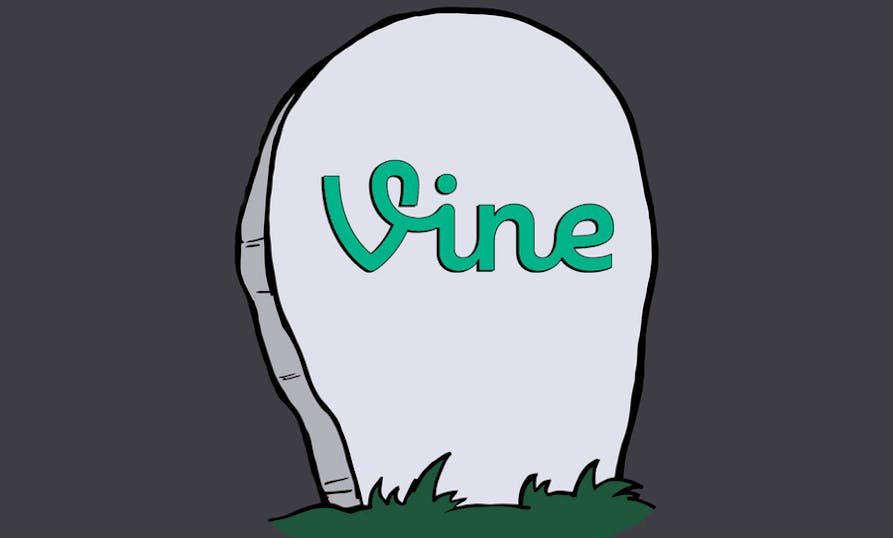
Photo from happymag.tv
January 2017 - Vine Shuts Down
Before there was TikTok, Douyin, or Musical.ly, there was Vine. Vine initially proved the possibilities for success in the realm of short video-sharing and also the potential of platforms like these to create internet stars overnight. Many of the popular YouTubers and social media stars of today like Jake and Logan Paul and David Dobrik got their start on Vine and skyrocketed to success, but these influencers and their audiences would have to find new homes after Twitter announced that it would shut down Vine in 2017. This shutdown forced many content creators to move to platforms like Youtube and Musical.ly and also created space in the market for TikTok.
September 2017 - Bytedance Introduces TikTok to Global Markets
In September of 2017, Bytedance began introducing TikTok to global markets. TikTok was introduced as the international version of Douyin and contained virtually identical features. The app found the same success that it had in China, and continued to grow in popularity in international markets.
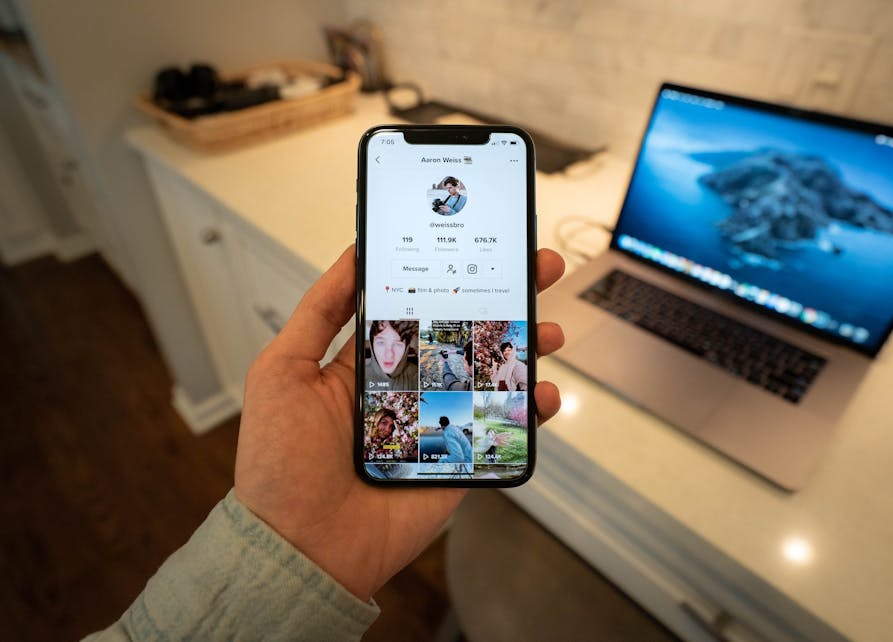
Photo from Unsplash user Aaron Weiss
November 2017 - TikTok Acquires Musical.ly
In November of 2017, TikTok moved into the US market by acquiring Musical.ly. All Musical.ly users and content creators saw their accounts moved over to TikTok and the acquisition introduces TikTok to an entirely new market of users. Bytedance is reported to have spent up to $1 billion on the acquisition.
2018-2019 - TikTok Becomes One of the Top Social Media Platforms in the World
After purchasing Musical.ly, and expanding to over 150 markets worldwide, TikTok was primed to become one of the household-name social media platforms. In 2018 and 2019, TikTok saw early adoption not only from Gen Z and Musical.ly influencers but also celebrities like Jimmy Fallon and Justin Bieber. These users also spawned huge internet challenges which saw high engagement. In addition to it’s growing user base, TikTok also began signing deals with major US advertisers. In September 2019, TikTok and the NFL announced a multi-year partnership to bring NFL content to fans worldwide. In the same year, media outlets marked TikTok as the 7th most downloaded app of the decade, and in 2018 and 2019, TikTok was the most downloaded app on the Apple App Store.
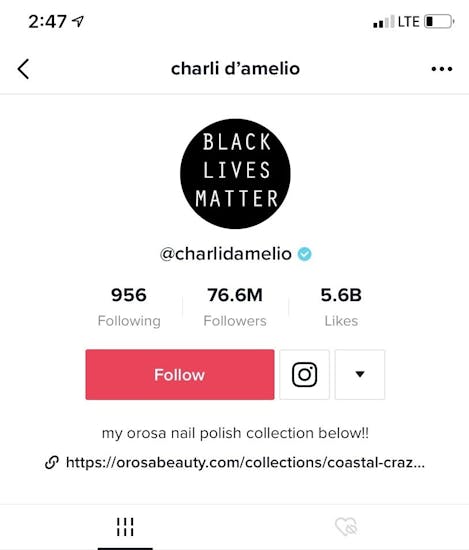
Summer 2019 - TikTok Continues to Grow and Shows its Potential For Creating Stars
In the Summer of 2019, TikTok showed its potential to make and break celebrity careers. Two major things happened to demonstrate TikTok’s star creating power.
First, TikTok’s number one star, Charli D’Amelio joined the app in 2019. At just 16, D’Amelio showed the possibility of the app to create internet stars through dance challenges and short-form content. Since joining, D’Amelio has reached 76.6 million followers and has even made appearances at NBA All-Star weekend and a Super Bowl commercial in addition to a recent collaboration with the popular makeup company, Morphe. Influencers like D’Amelio also showed the potential of sponsored content in reaching audiences, so much so that it’s reported that D’Amelio charges $100,000 per sponsored post according to Cosmopolitan.
Second, TikTok displayed its potential to fuel musicians’ careers. Lil Nas X’s hit song “Old Town Road” originally blew up on the platform and later became the top song of 2019 and the longest-running song on the Billboard Hot 100 chart of all time. The app’s combination of music and videos with viral challenges like those created by influencers like D’Amelio has shown the potential to make or break careers like Lil Nas X’s and has since created hit songs like “Roxanne” by Arizona Zervas, and “Truth Hurts” by Lizzo
November 2019 - National Security Concerns Mount Over TikTok
In November of 2019, legislators including Senators Marco Rubio, Tom Cotton, Chuck Schumer, and Josh Hawley began mounting concerts over TikTok’s connections to China. More scrutiny was placed on how Bytedance handles users’ information and how much access the Chinese government may have to users’ data. Later, TikTok began getting removed and banned for members of the US Navy and Army amidst security concerns, and legislation was introduced by Senator Josh Hawley to prohibit data sharing by company’s with ties to China and also to ban TikTok on government devices.
In 2019, concerns also mounted over the ways that TikTok handles content. Some content creators have accused TikTok of censoring content that is controversial or challenges social norms, and others have worried about TikTok as a platform for spreading misinformation. This has held special importance as TikTok’s censorship has been connected to issues like protests in Hong Kong, border disputes between China and India, and even Black Lives Matter protests in the US.

Photo from Unsplash user Solen Feyissa
July 2020 - TikTok Threats Come to Fruition
In July of 2020, the White House set its sights on TikTok, hoping to deal with issues of national security and data privacy for good. On July 7, Secretary of State, Mike Pompeo announced that the government was looking at banning TikTok in the US. The announcement followed increased tensions between the US and China due to Covid-19 and the trade war between the two countries, and also Trump’s less than anticipated rally attendance at his June 19th rally in Tulsa which many attributed to coordinated online manipulation by TikTok users in addition to coronavirus complications. On July 31st, President Trump escalated the talk of a ban further by announcing that Bytedance must divest from TikTok and threatening to shut down the company’s US locations if they did not comply.
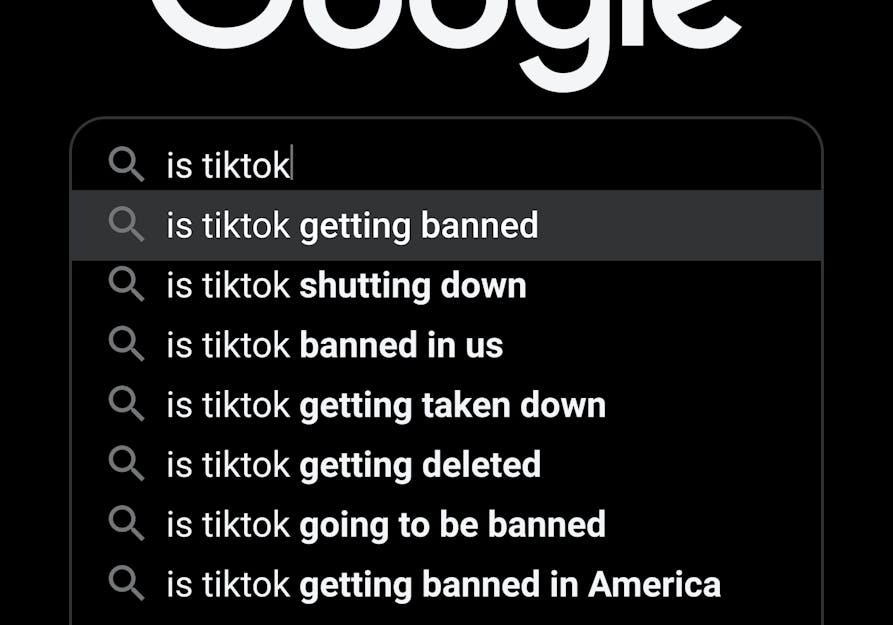
Photo from Unsplash user Visuals
So What Now?
As of August 1st, Bytedance had announced that it would agree to divest from TikTok, and talks began of a deal between Bytedance and Microsoft. Many wonder if TikTok will continue it’s massive success under the new company or if it will join its predecessors in the ever-growing grave of social media platforms. It will also be interesting to see the effect that this potential ban has on the politics of the 2020 election, as some analysts have pointed out the possibility of Trump losing Gen Z voters over his handling of the situation.

